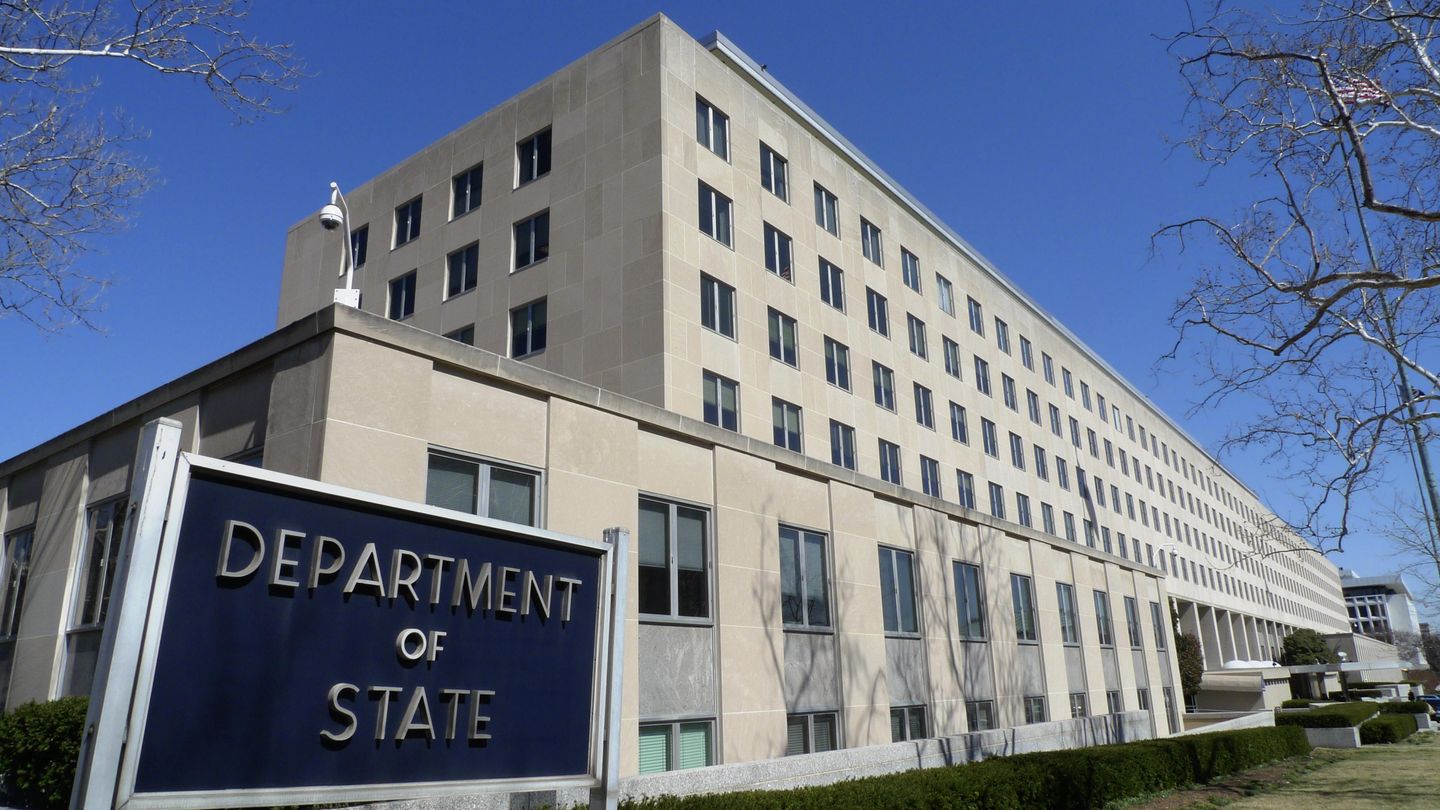
A woman who used her job at the State Department to steal more than $650,000 in government money pleaded with a judge for leniency, blaming pandemic stress for a crippling gambling addiction she said she had to fuel with taxpayers’ cash.
Levita Ferrer, 65, had what’s known as “signature authority” to write checks on the State Department’s bank account. She wrote 63 separate bogus checks to funnel money to herself to keep her gambling habit afloat, then falsified the records to hide her scam.
It was so bad that the very day she entered a guilty plea and was ordered to avoid casinos and use her money to start paying restitution, she was back at the MGM National Harbor casino. She returned the next week, too, prosecutors said, squandering thousands of dollars she’d just promised to repay American taxpayers.
“I have betrayed the trust placed in me,” Ferrer said in a letter to the court ahead of her Sept. 18 sentencing. “I deeply regret not getting the help I needed before stealing taxpayer funds to fuel my addiction.”
Ferrer was a budget analyst in the State Department’s protocol office, where she had authority to write government checks.
She wrote her first bad check, for $4,800, in March 2022. Sixty-two more checks, reaching much higher amounts, would follow over the next two years, up to April 2024. That’s when she shifted from department employee to contractor, where she worked for another 11 months before the charges were brought against her.
She wrote 60 of the checks payable to herself and three to someone with whom authorities said she had “a personal relationship.”
She tried to hide the thefts by altering the department’s QuickBooks account, removing her name as the payee and inserting a legitimate State Department vendor instead.
Both the federal prosecutors and Ferrer’s lawyers said it was shocking to her colleagues and associates, who couldn’t square the massive fraud with the retirement-age woman who’d immigrated from the Philippines, spent 26 years in the U.S. Navy and then a decade in the State Department.
The answer, Ferrer’s lawyers said, lay in the pandemic.
“During the COVID-19 pandemic, Ms. Ferrer began to gamble more frequently as a coping mechanism for a stressful world and work environment,” Noah Cherry told the judge. “As Ms. Ferrer’s casino visits increased during the pandemic, her gambling habit spiraled into a debilitating addiction.”
She was soon gambling $30,000 a month on slot machines.
One night, she won $196,000, but her losses far exceeded her winnings. She figured she lost $900,000 during her pandemic gambling binge, most of that fueled by the money she stole.
In a letter to the court, a friend said Ferrer also faced new personal “emotional” strain from having a daughter and two grandchildren come to live with her.
A nephew in the Philippines is also counting on her to pay for his studies at medical school, her lawyers said.
They asked that the judge release Ferrer with a sentence of time served, and given conditions to meet.
They said keeping a 65-year-old woman in prison is counterproductive.
The U.S. attorney’s office, though, said the crime was a betrayal of the government and demanded more. Prosecutors asked for an 18-month prison sentence, followed by another three years of supervised release.
“Each time she wrote one of the fraudulent checks, she was presented with a choice — to steal or not to steal. For more than two years, she repeatedly chose to steal,” Kondi Kleinman, an assistant U.S. attorney, told the judge in the government’s sentencing recommendation.
Though she admitted to the 63 bad checks and the cover-up, the deal she struck with prosecutors had her plead guilty to a single charge of theft of government property.
Prosecutors said Ferrer had agreed to sell three properties to begin making restitution but reneged on that deal soon after. That was in addition to breaking the terms of her pre-sentencing release by heading back to casinos.
She was ordered back to jail where she’s been for more than three months.
Prosecutors said Friday that she did present a new proposal to sell the properties, and her lawyer said she is working toward that.
The case is pending before Judge Christopher Cooper, an Obama appointee.
For more information, visit The Washington Times COVID-19 resource page.















